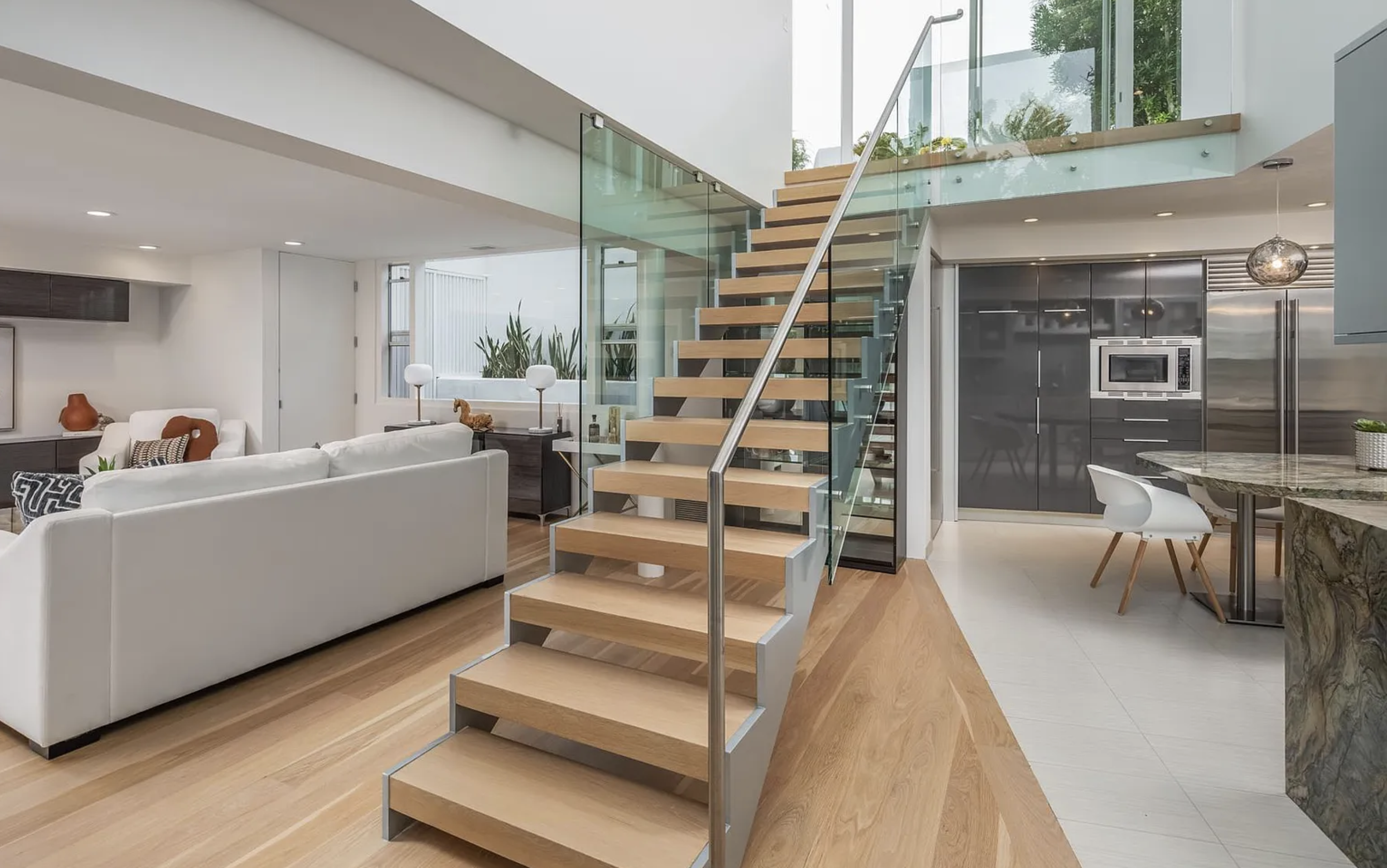Buying a home is a significant decision that comes with a plethora of questions and uncertainties. As potential homebuyers embark on their real estate journey, they are likely to be inundated with numerous inquiries related to the process. In this blog, we’ll address the most common buyer questions in real estate, providing valuable insights and answers to help simplify the home-buying experience.
What is the first step in the home-buying process?
The home-buying process can feel overwhelming, but the first step is to get pre-approved for a mortgage. This involves contacting a lender, sharing your financial information, and obtaining a pre-approval letter. Pre-approval not only gives you an idea of your budget but also strengthens your position when making offers on a property.
How can I determine my budget?
To determine your budget, consider your monthly income, existing debts, and credit score. Typically, financial experts recommend allocating no more than 30% of your monthly income to housing expenses. Working with a mortgage professional can also help you analyze your financial situation and find the best-suited home loan for your needs.
What are the essential factors to consider when choosing a neighborhood?
Selecting the right neighborhood is crucial as it directly affects your lifestyle and property value. Consider factors such as proximity to work, schools, amenities, crime rates, public transportation, and future development plans. Researching the neighborhood’s history and visiting at different times of the day will give you a comprehensive understanding of the area.
What is a home inspection, and do I need one?
A home inspection is a thorough examination of the property’s condition conducted by a qualified inspector. It assesses the structural and mechanical aspects of the home, identifying any potential issues. While not mandatory, a home inspection is highly recommended as it can save you from purchasing a property with hidden defects that might lead to significant expenses in the future.
How can I negotiate the best price for a property?
Negotiating the price of a property can be nerve-wracking, but proper research is key. Analyze the local market, recent sales data, and the property’s condition to determine its fair value. Enlisting the services of an experienced real estate agent can also give you an advantage during negotiations, as they are skilled in navigating such scenarios.
What is earnest money, and how much should I offer?
Earnest money is a deposit made by the buyer to show their seriousness and commitment to purchasing the property. It is held in escrow until the deal is finalized. The amount of earnest money varies, but typically, it’s around 1-3% of the home’s purchase price. Offering a substantial amount can demonstrate your commitment to the seller, potentially strengthening your offer.
What is a closing cost, and what does it include?
Closing costs are the fees and expenses incurred during the final stages of the home-buying process. They include charges such as loan origination fees, appraisal fees, title insurance, attorney fees, and taxes. Buyers can expect closing costs to be around 2-5% of the property’s purchase price. Understanding and budgeting for these costs beforehand is essential to avoid any last-minute surprises.
Navigating the real estate market as a buyer can be overwhelming, but having answers to common questions can ease the process. By understanding the steps involved, budgeting effectively, and seeking professional guidance, potential homebuyers can approach their purchase with confidence. Remember, being well-informed and prepared is the key to making the best decisions in the real estate market. Happy house hunting!

 Facebook
Facebook
 X
X
 Pinterest
Pinterest
 Copy Link
Copy Link


